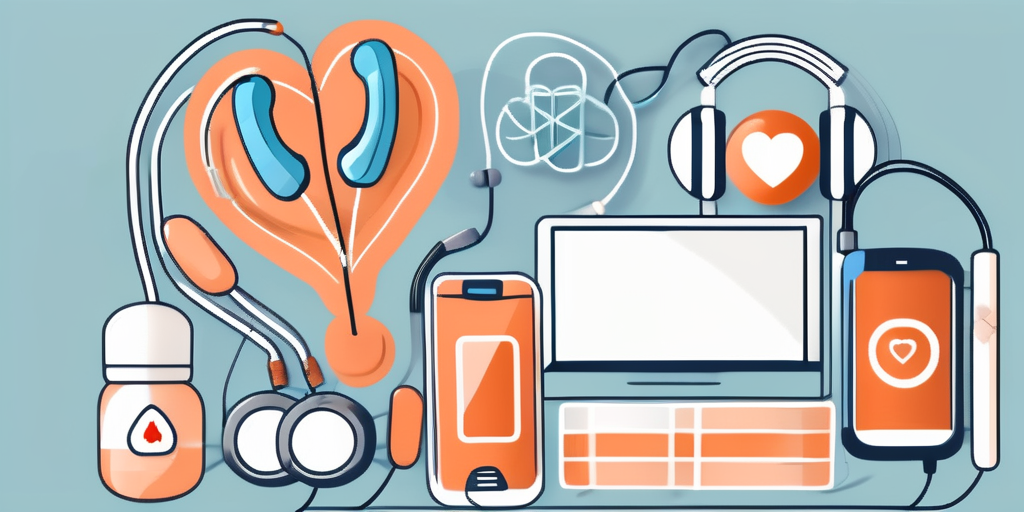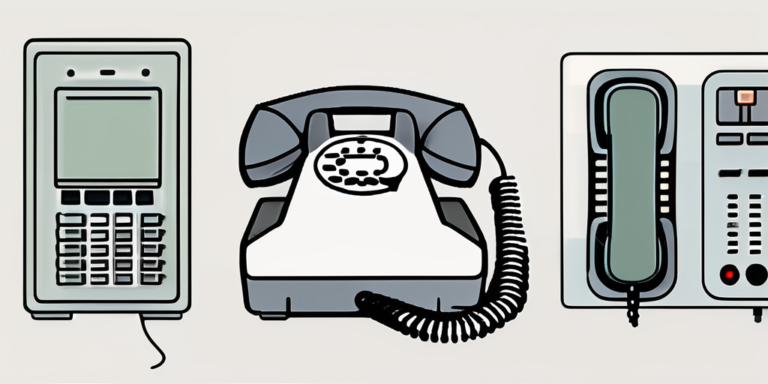Effective communication is vital in the healthcare sector, as it plays a crucial role in patient care, collaboration among healthcare professionals, and ensuring compliance with regulations such as the Health Insurance Portability and Accountability Act (HIPAA). Healthcare professionals need to possess essential communication skills that help them establish trust, provide accurate information, and maintain confidentiality.
Essential Communication Skills for Healthcare Professionals and HIPAA Compliance
When it comes to effective strategic healthcare communication, healthcare professionals must possess certain key skills. Firstly, it is important to have active listening skills. Active listening involves fully concentrating on what the patient or colleague is saying, without interrupting and offering appropriate responses. By actively listening, healthcare professionals can better understand patient needs and respond accordingly.
In addition to active listening requires clear and concise verbal and nonverbal communication. Using simple language and avoiding medical jargon helps patients comprehend important information about their health conditions, treatment plans, and medication regimens. Similarly, nonverbal cues such as maintaining appropriate eye contact and body language can convey empathy and understanding to patients, making them feel more comfortable and supported.
Another essential skill for healthcare professionals is the ability to convey empathy and compassion. Patients often feel vulnerable and anxious, so displaying empathy can help them feel understood and cared for. By validating their concerns and emotions, healthcare professionals can build trust and establish a strong patient-provider relationship.
Moreover, healthcare professionals must also be well-versed in HIPAA regulations to ensure patient confidentiality. Maintaining patient privacy and protecting their personal health information is of utmost importance. By encompassing these skills, healthcare professionals can enhance patient outcomes and satisfaction while abiding by HIPAA guidelines.
Overcoming Barriers: 5 Major Communication Challenges in Healthcare
Despite recognizing the importance of effective communication, there are various barriers that healthcare professionals often encounter. These barriers can hinder the delivery of quality care and impede collaborative efforts among healthcare teams. One major challenge is language and cultural differences. In diverse healthcare settings, healthcare professionals must be prepared to communicate with patients who have limited English proficiency or come from different cultures. Overcoming these barriers may require the use of interpreters or cultural sensitivity training.
Another common communication challenge in healthcare revolves around time constraints. Healthcare professionals often face demanding schedules, leaving limited time for patient interactions. This can result in hurried conversations and potential misunderstandings. To overcome this barrier, time management strategies and effective prioritization should be implemented to ensure adequate communication with patients.
Technological barriers also pose challenges to effective healthcare communication. Electronic health records and other digital communication tools have introduced new complexities and potential for miscommunication. Healthcare organizations should invest in user-friendly systems and provide adequate training to healthcare professionals to navigate these technological barriers.
Furthermore, communication overload can be a significant challenge in healthcare settings. With numerous modes of communication, such as phone calls, emails, and instant messaging, healthcare professionals may struggle to manage the influx of information effectively. Implementing clear communication protocols and utilizing appropriate channels for different types of communication can help mitigate this challenge.
Lastly, hierarchical structures within healthcare organizations can impede communication and collaboration among different healthcare professionals. Encouraging open sharing of knowledge and creating a culture that values teamwork can help overcome these barriers and foster effective health communication in healthcare settings.
The Rising Significance of Communication Skills in the Healthcare Sector
The significance of communication skills in the healthcare sector is increasing as the industry continues to evolve. With the shift towards patient-centered care, effective communication has become a fundamental component of providing holistic and personalized healthcare. Patients now expect healthcare professionals to not only possess medical expertise but also to communicate effectively, ensuring their needs and preferences are understood and respected.
In addition, healthcare professionals must collaborate and communicate efficiently within interdisciplinary teams to provide coordinated care. Effective communication among healthcare professionals from different disciplines is essential to ensure seamless transitions of care, minimize errors, and improve patient outcomes. Furthermore, communication skills are crucial in healthcare leadership roles as they promote transparency, guide decision-making, and inspire trust among team members.
Moreover, in an era where patient education and shared decision-making are emphasized, healthcare professionals need to communicate in a way that empowers patients to actively participate in their healthcare journey. By providing clear explanations, involving patients in treatment decisions, and addressing their concerns, healthcare professionals can foster patient autonomy and improve overall health outcomes.
Top 5 Strategies for Ensuring Effective Communication in Healthcare Settings
- Communication Training Programs: Healthcare organizations should invest in comprehensive communication training programs that equip healthcare professionals with essential communication skills. Such programs can include workshops, role-playing exercises, and continuous education to enhance communication proficiency.
- Utilizing Technology: Healthcare organizations should leverage technology to facilitate communication among healthcare professionals and with patients. Secure messaging platforms, telehealth services, and electronic health record systems can enhance communication efficiency and accessibility.
- Multidisciplinary Rounds: Regular multidisciplinary rounds involve healthcare professionals from different specialties discussing patient cases and treatment plans. These rounds promote collaborative communication, allowing healthcare professionals to exchange ideas, clarify doubts, and provide comprehensive care.
- Patient Education Materials: Clear and concise patient education materials can empower patients and their families to understand and actively participate in their care. Written materials, videos, and interactive tools can help convey complex medical information in a patient-friendly manner.
- Feedback and Evaluation: Establishing a culture of feedback and evaluation can help identify areas for improvement and promote continuous learning. Regular evaluation of communication practices, both from patients and colleagues, can help healthcare professionals enhance their communication skills. Another important measure is to evaluate the feedback using marketing techniques. This is achieved by using a marketing communications agency as a partner.
The Impact of Efficient Communication on Healthcare: Advantages and Improvements
Efficient communication in healthcare settings leads to numerous benefits and improvements for both patients and healthcare professionals. Firstly, effective communication enhances patient satisfaction and engagement. When patients feel heard and understood, they are more likely to actively participate in their care, follow treatment plans, and experience better health outcomes.
In addition, efficient communication improves patient safety by reducing the risk of medical errors. Clear and accurate communication among healthcare professionals minimizes misunderstandings, ensures proper hand-offs, and enhances care coordination. This ultimately leads to improved patient safety and reduced adverse events.
Moreover, effective communication fosters a positive work environment for healthcare professionals. When communication channels are clear and open, healthcare professionals can better collaborate, share information, and make informed decisions. This not only enhances patient care but also contributes to healthcare professionals’ job satisfaction and overall well-being.
Furthermore, efficient communication has financial implications for healthcare organizations. Improved solutions can lead to fewer medical malpractice claims, reduced readmissions, and increased operational efficiency. By investing in strategies and training, healthcare organizations can achieve cost savings in the long run.
In conclusion, enhancing effective healthcare communication is crucial for improving patient outcomes and stakeholders, fostering collaboration among healthcare professionals, and ensuring compliance with HIPAA regulations. By developing and honing essential skills, overcoming barriers, and implementing effective strategies, healthcare professionals can elevate the standard of care, enhance patient experiences, and drive positive changes in the healthcare sector.

